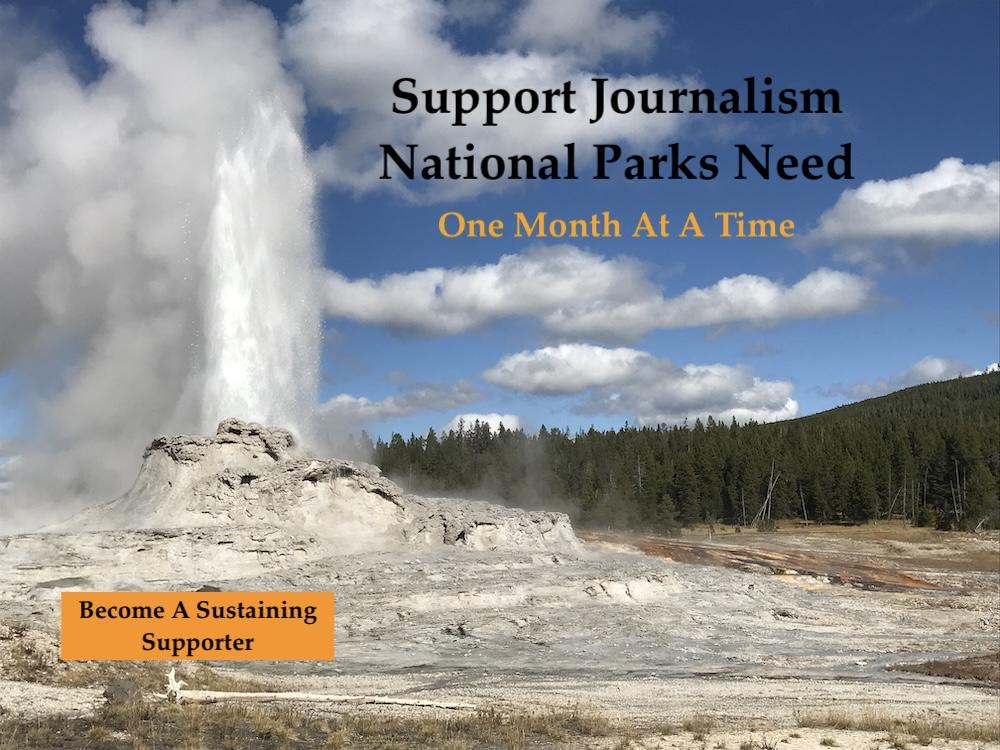An oyster company battling to keep farming oysters in a wilderness area of Point Reyes National Seashore wants the entire 9th U.S. Circuit Court of Appeals to hear its case against the National Park Service.
Drakes Bay Oyster Co. announced its intention not to back down Wednesday after a three-judge panel of the appellate court denied its request to be allowed to continue operations in Drakes Estero pending the outcome of a lawsuit filed against the Park Service.
“After reading the Court’s decision -- and especially the dissent from Judge (Paul J.) Watford -- we are more convinced than ever that we will prevail based on the merits of our case,” said Drakes Bay owner Kevin Lunny.
At issue is the company's desire to remain in Drakes Estero at the national seashore. When Drakes Bay bought out the farm's previous owners in 2005, the existing lease for the operation ran through November 2012. While Mr. Lunny was optimistic he could obtain a lease renewal from the Park Service, last November then-Interior Secretary Ken Salazar declined that request, saying Congress long had intended for the estero to become part of the Philip Burton Wilderness.
The oyster company's lawyers sued the Park Service over that decision, arguing that the Interior secretary's decision was arbitrary and capricious, and violated both the federal government's Administrative Procedures Act and the National Environmental Policy Act.
An agreement reached between the oyster company and the U.S. Justice Department allowed it to continue operations through March 15 while the company sought an injunction against the Park Service.
In February, a U.S. District Court judge refused to issue the order and Mr. Lunny's attorneys then asked the 9th Circuit to grant the injunction. On Tuesday, in a 2-1 ruling, a three-judge panel from the appellate court also refused to grant the request.
"Drakes Bay’s disagreement with the value judgments made by the Secretary is not a legitimate basis on which to set aside the decision. Once we determine, as we have, that the Secretary did not violate any statutory mandate, it is not our province to intercede in his discretionary decision. We, therefore, affirm the district court’s order denying a preliminary injunction," read part of the majority opinion.
Mr. Lunny, however, was clinging to the hope that a full court review of the matter would result in a ruling in line with Judge Watford's opinion that "no conflicting laws prevented the Secretary from issuing a permit to Drakes Bay. Continued operation of the oyster farm is fully consistent with the Wilderness Act, and the farm’s existence is therefore not an “obstacle” to converting Drakes Estero to wilderness status as directed by the Point Reyes Wilderness Act. Instead, it was the Interior Department’s misinterpretation of the Point Reyes Wilderness Act that proved to be the 'legal sticking point' here."
In announcing his intent to pursue relief from the full 9th Circuit Court, Mr. Lunny implied that his case had national significance.
“With the support of thousands of environmentalists, community members and elected leaders around the nation, we will continue to fight for what’s right and remain committed to succeeding in our fight to remain open and serve our community,” he said in prepared comments. “Although we strongly disagree with the panel’s decision, we remain steadfast in our opinion that we can prevail based on the merits of our case."

 Support Essential Coverage of Essential Places
Support Essential Coverage of Essential Places







Comments
I'm not necessarily alarmed that there will be a huge price spike, but there will be issues. I believe most of the oysters consumed in California come from Washington state or Oregon. Their operations are huge with Puget Sound the center of the oyster growing. Still - there have been recent closures.
However, you'd think that the other oyster farms along the West Coast would be OK with a competitor being eliminated, but they're not. The nearby oyster farms with retail operations contract with DBOC to supply them when they can't harvest after heavy rains. Hog Island has oyster bars in Napa and San Francisco. Both Hog Island and Tomales Bay Oyster operate even if they don't harvest their own oysters. I've heard of several oyster farms issuing statements of support for DBOC, including in Washington. It's not a huge community, and they apparently don't like the precedent that an oyster farm can be shut down in what's really a policy decision.
In all the proceedings, the other farms are watching closely at all of the regulatory actions. The California Coastal Commission issued a cease and desist order declaring non-triploid Manila clams to be an invasive species as well as requirements to remove Didemnum vexillum, even though there appears to be no authority for them to do so under the Fish and Game Code. That's the authority of the California Fish and Game Commission.
And there's really no way that the area is going to recoup the loss of these leases. The oyster farms in Tomales Bay have been trying to get new leases for decades. Hog Island decided to try in Humboldt Bay to build their hatchery since they couldn't get new leases in Tomales Bay.
Just an article that shows the groups supporting the closing of Drakes Bay Oyster Company aren't always pure as the wind driven snow. Significant overreach, really. Wilderness advocates (including myself) should discover the basic acceptability of this very symbiotic relationship with the environment.
Drakes Bay Oyster Company deserves to stay in operation and adds to Point Reyes NS on many levels.
http://harpers.org/blog/2013/07/the-west-coast-oyster-war/
Enjoy them while you can; looks like all the oyster farms will be going out of business:
http://apps.seattletimes.com/reports/sea-change/2013/sep/11/pacific-ocea...
Of interest, no?
http://www.marinij.com/marinnews/ci_24843011/marin-voice-pt-reyes-oyster-farm-critics-ignore?source=rss&utm_source=dlvr.it&utm_medium=twitter
Eh, not really. The rehearing request isn't going so well. One of the lawyers for DBOC is venting. Though why he is venting against NPCA instead of NPS or DOI I'm not sure, except they filed an amicus brief in favor of shutting DBOC down.
Here are all the court documents if you are interested.